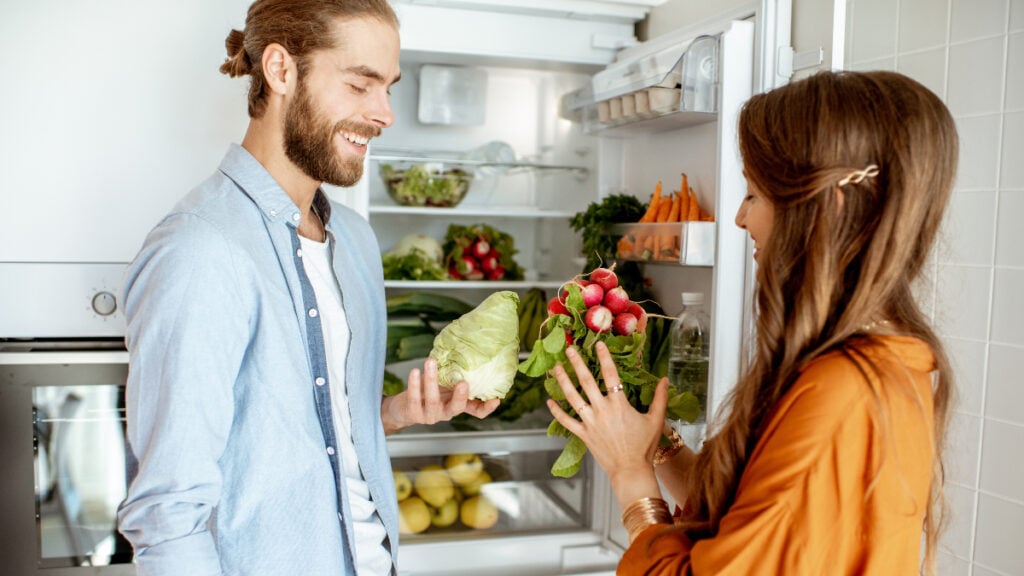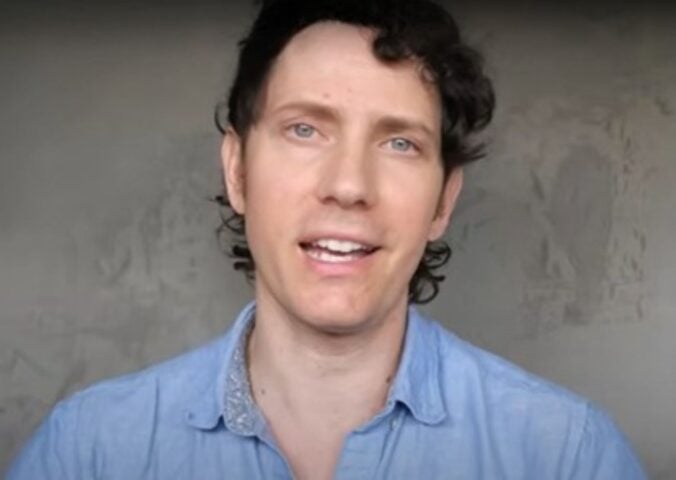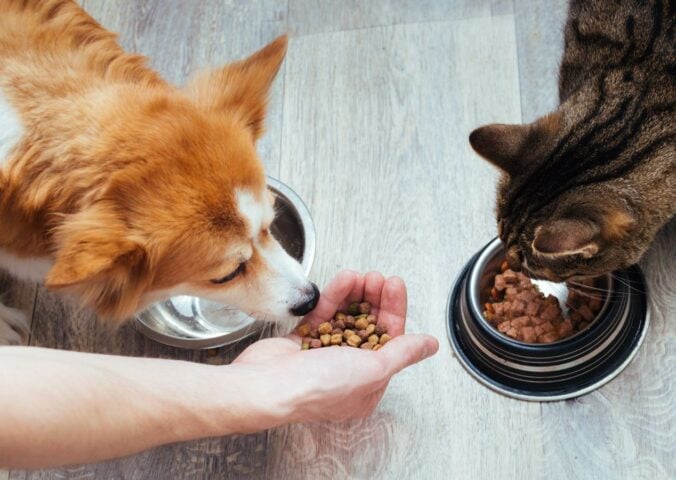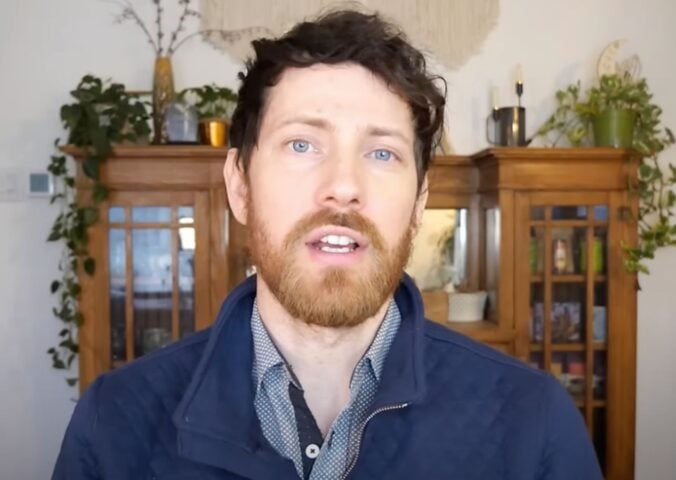This morning, I said to our PR Manager that I’ve not noticed any new vegan diet scare stories in the news for a while. They usually pop up every week or so. You know the sort of thing: ‘Going vegan will make your hair fall out, bring on early menopause, make your skin go grey’, etc.
She replied by sending me a story in yesterday’s Express. Its headline is: ‘The popular diets linked to higher risk of breaking and fracturing bones’.
Mid-eye-roll, I realized it rang a bell…
‘Exaggerated’ news coverage
The study it described was published last year. And, Viva! posted a review of it back then, pointing out the flaws in the exaggerated news coverage.
In a nutshell, this study found a higher risk of fracture among mainly slim older vegan women.
But, there were a number of concerns about the study. And, the results weren’t by any means as straightforward as the Express headline implies.
For example, the higher fracture risk of vegans compared to meat-eaters was relatively small – equivalent to just 20 more cases per 1,000 people over 10 years.
Moreover, women were most affected. In particular, postmenopausal women with low physical activity and a low body mass index (BMI).
Debunking the diet study
Because vegans tend to weigh less, it was difficult to match vegans and meat-eaters with a similar BMI to make meaningful comparisons.
It is also worth remembering that a bit of extra weight may protect your hip from breaking if you fall.
But being overweight carries many other significant health risks. Also, there was no information on the causes of the fractures. So, this study couldn’t tell if fractures were the result of fragile bones or significant trauma.
It’s also worth pointing out that hormone replacement therapy (HRT) protects against menopausal bone loss. And only 5.6 percent of the vegan women reported taking it, compared to 26.7 percent of the meat-eating women.
HRT was accounted for in the analysis, but may still have been a contributing factor.
I spoke to the lead author, Dr. Tammy Tong.
They said that because food intakes were based on what the participants self-reported, there was a possibility of error among all diet groups.
She also said vitamin D may have influenced the results, but was not measured. The study authors acknowledged that more research is needed to get a clearer picture of what is going on.
Cancer risk in vegans
The study came from a group initially set up to examine how diet influences the risk of cancer.
In 2014, they found that compared with meat-eaters, cancer incidence was 19 percent lower in vegans.
The results of the US Adventist Health Study II were similar. Vegans had a 16 percent lower risk and vegan women experienced 34 percent fewer female-specific cancers.






